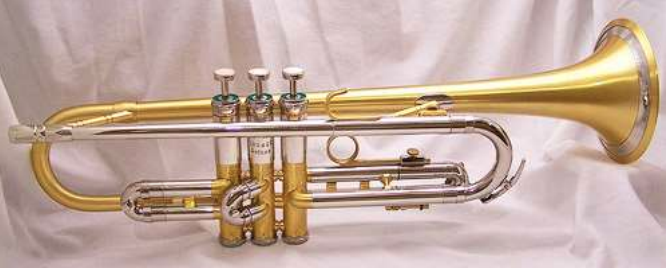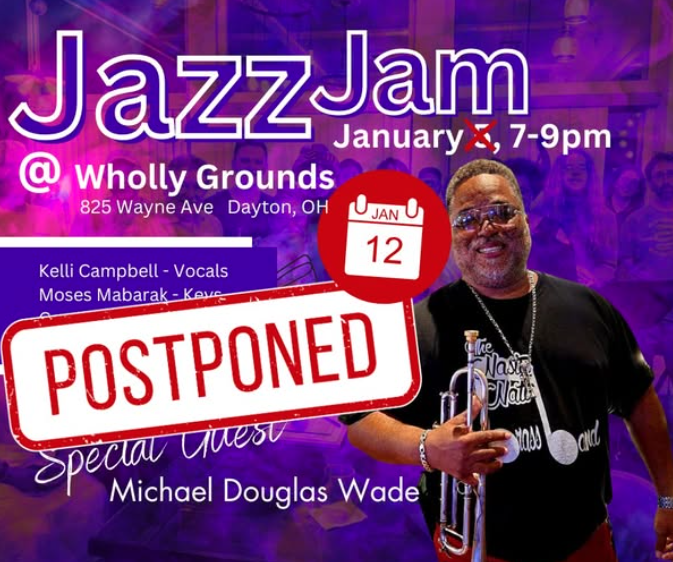How you use the valve oil depends on 1) the oil you choose 2) tightness of the valves in the casing:
SPEED: The most important quality in a valve oil is its ability to promote speed by reducing friction, but the oil also causes some resistance of its own. This measured resistance is called viscosity. Musicians seeking a "thin" oil are simply looking for a low viscosity oil. Viscosities of different oils are presented in the table below:
VALVE OIL VISCOSITY CHART COMPARISONS:
Products - Viscosity (cSt)
WATER - 1.00
MINERAL SPIRITS - 1.34
CLARK TERRY - 1.83
BENGE - 1.99
BLUE JUICE - 1.99
PLAYERS - 2.15
JUPITER - 2.20
ROCHE-THOMAS - 2.31
HOLTON - 2.38
HYBRID 141-A7 - 3.02
PRO-OIL RED - 3.61
SPACE FILLER II - 3.72
AL CASS - 3.73
PRO-OIL BLUE - 3.80
SPACE FILLER I - 5.10
SLIDE (for trombones) - 5.12
ALISYN - 7.59
ENDURANCE: Represents the oil's ability to maintain a fast and smooth valve action over many hours despite playing conditions. This characteristic is very difficult to develop in an oil without compromising speed because endurance is the end result of a complex series of interrelated properties and conditions: evaporation rate, film strength, surface tension, water solubility, and valve cleanliness.
Evaporation rate:
In most student and mid-line horns, a valve oil that evaporates to < 40% of the original oil remains on the valves will begin to hesitate unpredictably.
For higher end horns (clean and very tight valves), the slowdown is much sooner and sudden seizing of a valve is more common.
Evaporation rate table below, lists the percent of oil remaining on a surface as a function of time at room temperature. This does NOT reflect that a given valve oil will last the number of days shown, but rather the percentage of oil remaining after a given period of time. Unfortunately, as evaporation occurs, the lighter oil content diminishes until only the slow heavy oil remains on the valves. Experiments back in 1976 proved this.
EVAPORATION RATE TABLE
(PERCENT REMAINING VERSUS TIME) Products Vis.(cSt) 19 hrs 48 hrs 72 hrs 96 hrs 120 hrs
WATER 1.00 - 0%
MINERAL SPIRITS 1.34 - 0%
CLARK TERRY 1.83 - 16% - 7% - 6% - 0%
BENGE 1.99 - 35% - 13% - 8% - 5% - 4%
BLUE JUICE 1.99 - 44% - 23% - 17% - 12% - 8%
PLAYERS 2.15 - 44% - 20% - 13% - 8% - 4%
JUPITER 2.20 - 33% - 17% - 15% - 13% - 10%
ROCHE-THOMAS 2.31 - 16% - 13% - 13% - 12% - 11%
HOLTON 2.38 - 25% - 7% - 4% - 0%
HYBRID 141-A7 3.02 - 92% - 75% - 64% - 55% - 46%
PRO-OIL RED 3.61 - 74% - 44% - 33% - 21% - 11%
AL CASS 3.73 - 75% - 48% - 37% - 26% - 16%
PRO-OIL BLUE 3.80 - 77% - 50% - 37% - 25% - 13%
SPACE FILLER I 5.10 - 100% - 100% - 100% - 100% - 100%
SLIDE (t-bones) 5.12 - 100% - 100% - 100% - 100% - 100%
ALISYN 7.59 - 100% - 100% - 100% - 100% - 100%
Endurance also has a factor in the piston as it slides down the valve casing it to rub against the oil film. This movement ruptures the film and allow direct metal/metal contact. In hyper-tight valve assemblies (i.e., Monette and Schilke) oil film rupture is potentially more frequent and disastrous. This is a purely mechanical phenomenon which can only be prevented with an oil having a high film strength. Achieving a high film strength oil within the optimum viscosity range (2.5- 4.0 cSt) is recommended. High film strength gives a smooth, slippery feel when the oil is rubbed rapidly between the fingers. When shaken, an oil with a high film strength will yield bubbles that collapse within 1- 3 seconds. Whereas an oil with poor film strength will tend to entrap air for a much longer time.



